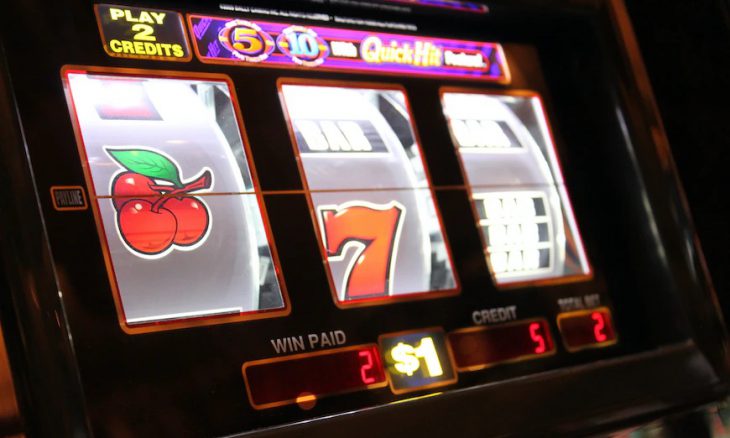What Will You Wager?

The Merriam-Webster Dictionary defines gambling as “the practice or activity of betting: the practice of risking money or other stakes in a game or bet.” In the United States, it takes many forms: lotteries, parimutuel wagering, card rooms both public and private, commercial and tribal casinos, legal bookmaking, advance-deposit wagering, and charitable games and Bingo. Playing the lottery was by far the largest single form of gambling just a few years ago; but with the introduction of online sports betting, opportunities for wagering have greatly expanded—especially as casinos were closed during the COVID-19 pandemic shutdown.
Approximately 85 percent of Americans have gambled at least once in their lifetime; 60 percent have gambled in the past year. Around 2 million Americans (1 percent) are considered pathological or problem gamblers.
Curiously, the World Financial Review has listed advantages to games of chance and risk, particularly at casinos, among them a recreational value and social interactivity. But there are consequences for the gambler—even the one who claims he is being financially responsible. A player may have some wins in the short term but, over the long haul, the edge that the house has will eventually grind the gambler down into unprofitability. Available spending money is reduced, savings are often tapped and, in days of recession, families cannot afford any losses.
No matter how happy the player may feel while winning, losses can bring on feelings of stress, guilt, annoyance, or general depression. The one who gambles can develop problems. When gambling behavior interferes with finances, relationships at home, and at the workplace, a serious problem already exists. Many people who are viewed as responsible and strong by those who care about them, who are not seen as irresponsible or weak-willed people, can quickly fall prey to a gambling addiction. They can find themselves in the midst of the same emotional and physical highs and lows as someone addicted to drugs or alcohol. They discover they are less and less able to resist the craving to gamble—and it grows in intensity and frequency.
When gambling goes beyond a recreational or social activity, not only is the individual affected, there are significant negative physical, psychological, and social consequences for the family and community at large. A number of studies have identified negative effects of problem gambling on the family that include relationship problems, conflicts, financial hardship, and intimate partner violence. Approximately one in five problem gamblers attempts suicide, a rate far higher than any other addictive disorder.
Children of problem gambling parents are at a much higher risk of developing gambling problems themselves, including associated family violence, than the children of non-problem gambling parents.
For a compulsive gambler, treatment can be challenging. Gamblers Anonymous has a 12-step program of self-help similar to that of Alcoholics Anonymous. For the deeply addicted, behavioral therapy may be helpful. Mayo Clinic suggests antidepressants and mood stabilizers may help. But treatment might also involve an outpatient program, inpatient program, or residential treatment program, depending on needs and resources. The gambler may have also developed additional addictions in order to cope, such as drugs or alcohol. Those need to be part of treatment as well.
State and local governments continue to support lotteries, casinos, sports betting, and other types of gambling, collecting roughly $30 billion on various forms of gambling for fiscal year 2020. That amounts to about 1 percent of state and local government revenue for that year. It does not include revenues from tribal casinos, which typically are not regulated or taxed by state and local governments, although some governments do have revenue-sharing agreements with operating tribes.
The Bible encourages wise stewardship of one’s possessions, regardless of financial status. The apostle Paul also cautioned his protégé Timothy, “Those who desire to be rich fall into temptation, into a snare, into many senseless and harmful desires that plunge people into ruin and destruction. For the love of money is a root of all kinds of evils. It is through this craving that some have wandered away from the faith and pierced themselves with many pangs. But as for you, O man of God, flee these things” (1 Timothy 6:9-11).
How then should we pray?
- That individuals who are prone to problem gambling will seek counsel, a self-help group, or professional therapy.
- For families who have a problem gambler among them to secure wise counsel also.
- That governing authorities would seriously consider whether receiving 1 percent of their annual revenue is worth the costs to families.
- That God would help you be a wise steward of all that He has given you, whether or not you are a gaming risk-taker.





